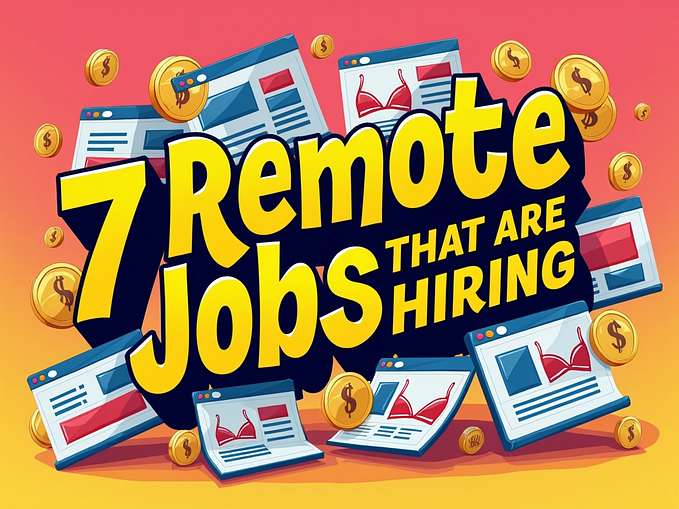
Member-only story
Social Media Giants Are Hacking Your Brain — This is How
Their mind hijacks have gotten out of hand
Joshua was a bright, determined, loving, social kid. An excellent student admired by his peers and loved by everyone within the community. A comedy and music aficionado. Joshua had an incredible sense of humor, always making jokes while playing riffs with his guitar. Joyful and creative. Unstoppably charming and caring. One-day last summer, everything dramatically changed. The 13-year-old boy abruptly dropped all his hobbies. All of the sudden he stopped playing the guitar, doing funny bits. At first, it seemed like he was just going through puberty. Soon, everyone noticed that he was, indeed, distant, melancholic, subdued. He was unrecognizable. A new person. Nobody knew what was happening to him. Everybody thought he was doing drugs, some even suggested that he was under the influence of a radical sect, a twisted mentor, part of a gang. There was something disturbing behind his strange new behavior, but nobody could put their finger on it. His mom even started thinking her son was suffering some sort of mental disease. Nothing could’ve been further from the truth. Her only child had been hijacked by a stronger entity. One she pleasingly invited to their house. An iPhone. Joshua had been hacked by social media and its unquestionable power. His brain was hijacked, turning him into an addict.
By now you probably know someone who can’t put their phone down or that is innately addicted to it. It’s merely difficult not to see anybody who is engaged in any of these habit-forming technologies. Nearly everywhere we look at and at all times people are immersed in their smartphones.
Social media companies have deliberately designed their products to hijack your brain. They hire the best designers and engineers to crack the code and use brain hacking techniques to make their users check their phones constantly. They come up with features in the forms of likes, heart-shaped icons, streaks, and followers. The only purpose of these apps — thriving in the attention economy market — is to trigger our brains into the instant gratification lifestyle, ultimately exploiting our mind’s weaknesses.
Whether in the form of a like (Facebook), a binary like/dislike format (YouTube), or a heart-shaped system…









